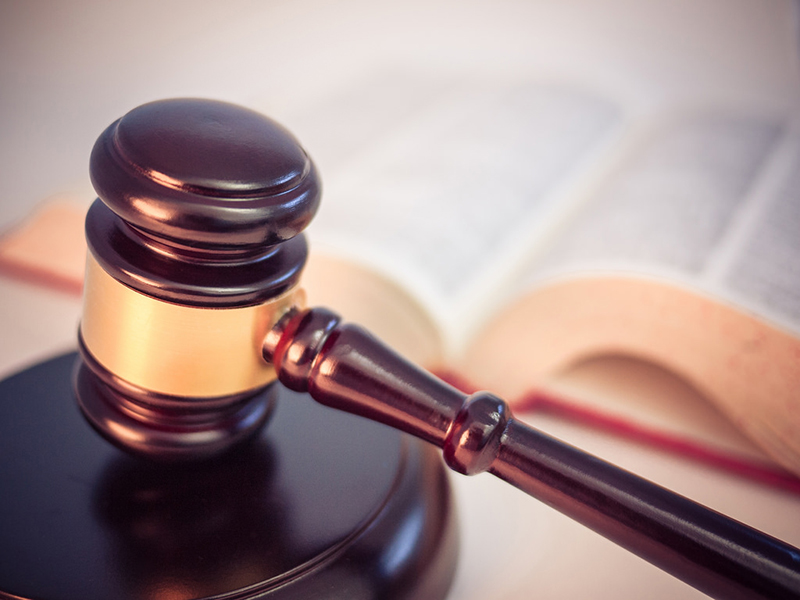In a scathing order, a federal judge made it clear that the North Carolina State Board of Elections does not make the laws for the state of North Carolina.
The Sept. 30 order by federal District Court Judge William Osteen in Greensboro is about a recent decision by the State Board of Elections to allow absentee ballots that have not been signed by a witness to be counted.
That decision by the State Board of Elections was part of an agreement to settle a different lawsuit, and although it has not been approved by the court, the State Board of Elections has notified county boards that they should follow the terms of the proposed agreement, not state law.
Both the North Carolina legislature and the Trump campaign have filed lawsuits challenging that decision by the North Carolina State Board of Elections, which led to the resignation of the two Republican members of the five-member board.
The order by Osteen begins by noting that the court should not have been sent the notice of the proposed changes, but states, “Nevertheless, because silence could be misconstrued as approval from this court, this court has reviewed the attached Memo 2020-19 … and does not find it consistent with this court’s order entered on August 4, 2020.”
The order notes that the court had upheld the state’s one witness requirement for absentee ballots and states, “it appears to this court that Executive Defendants have re-written the one-witness requirement, a statute this court previously upheld, to permit submission of an absentee ballot without a witness.”
The order states that allowing absentee ballots that were not witnessed to be counted “undermines and in effect eliminates the Legislature’s interest in preventing ballot fraud.” It also notes that the recent absentee voter fraud in North Carolina are “sufficiently weighty” to require absentee voters to have one witness sign their ballots.
The order also states that the court has “significant concerns” about the entire memo from the State Board of Elections changing the rules for absentee ballots on Sept. 22 after absentee ballots had already been mailed out.
The order also asks for a status conference on the issues to be set “at the earliest possible date and time available.”


No witnesses means anyone can vote, early and often.
This is worse than blatant, worse the illegal, worse than partisan. It is evil.
At last a federal court that wasn’t drawn to the dark side.
Once again, Dems will do anything to get their way, even if it is illegal. Not only is the board of elections a political group by design, it’s also doing the bidding of the governor. Dems in NC constantly use the term “bipartisan”, but ignore it when it comes to their political actions.
Call it what it is….THEY GOT SPANKED!!!
Great for Judge Ostend,he’s my kind of Judge.whats next for the Dems?Make Puerto Rica,Guam and DC states so they can pick up more senators.Number two add 6-7 more judges to Supreme Court. These are other moves the Dems are talking about. Look at Harry Reid when he was in. Charge and the nuclear option was used to pass ACA.Then the Republicans used it for Kavanaugh.All Democrats HEADS exploded .All that was needed was simple majority.51. If they have their way and they change the constitution has to be changed and then in about 10 years the Republicans will take over again and the Dems will go absolutely Bonkers.The Dems think they should rule America always.Go Trump.and Forest and Tillis.